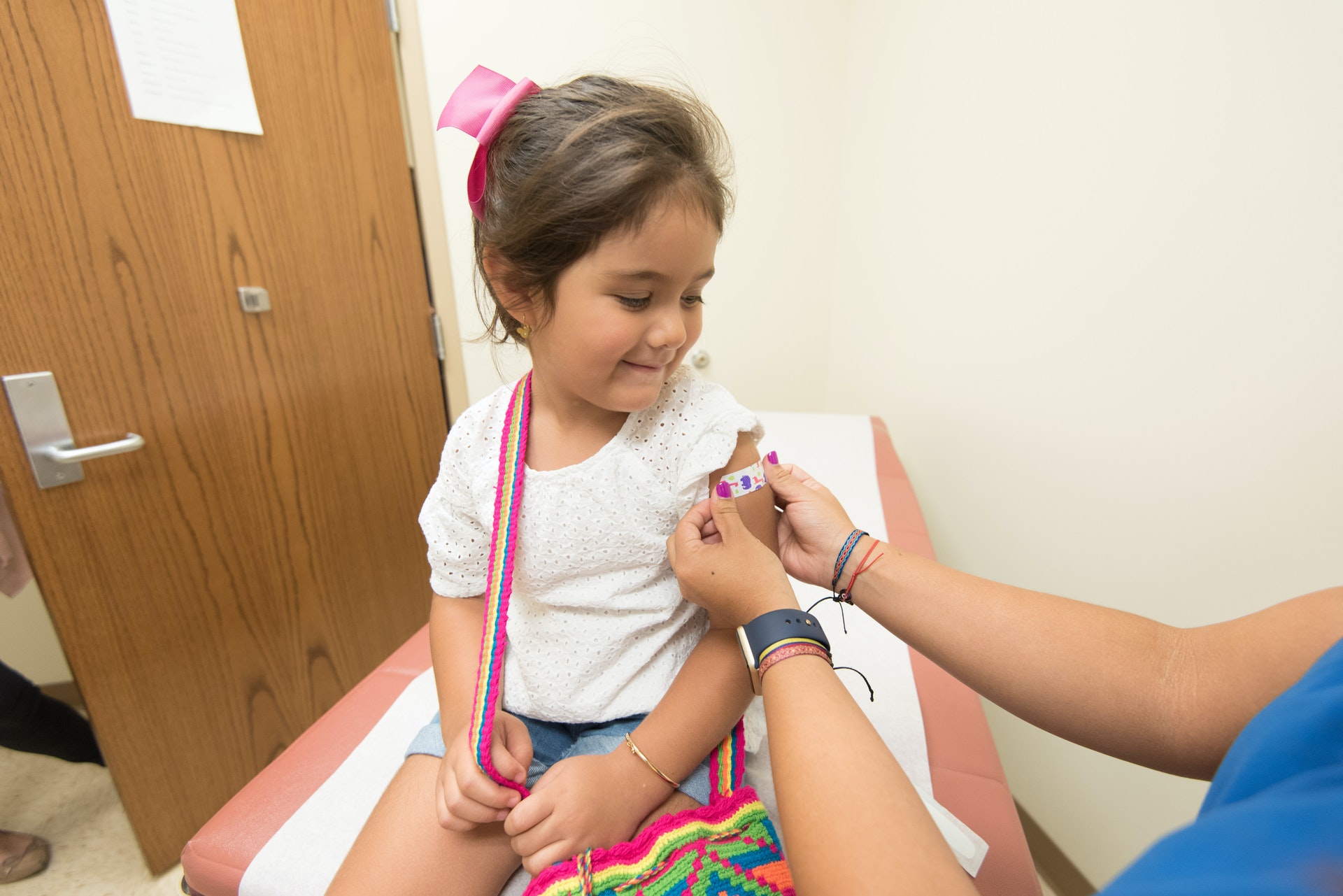Vaccination is a highly successful strategy in the control and prevention of infectious diseases, representing a crucial aspect of both individual and public health. Nevertheless, a concerning trend has emerged with the growth of vaccine hesitancy around the globe, particularly in Europe.
The WHO recently issued an alert, drawing attention to measles outbreaks and underscoring the urgent need to take action. The VAX-TRUST project aimed to formulate recommendations to address the phenomenon of vaccine hesitancy at both national and European levels.

Following extensive research conducted across seven countries (Belgium, Czech Republic, Finland, Italy, United Kingdom, Poland, and Portugal), a Delphi survey involving 112 experts in childhood vaccination was developed and a comprehensive set of 16 recommendations to address vaccine hesitancy was delivered.
These recommendations served as the foundation for six primary dimensions to effectively tackle vaccine hesitancy in Europe: Awareness, Support, Training, Agency, Recognition, and Engagement. Collectively, these are known as the ASTARE model.
This approach strives to establish itself as a comprehensive reference framework, offering guidance for healthcare professionals, organisations and authorities directed toward addressing vaccine hesitancy.
- Awareness is dedicated to the widespread dissemination of clear, accurate, and evidence-based information to enhance the understanding of immunisation.
- Support focuses on implementing organisational and institutional mechanisms that ease the communication between healthcare professionals and certain populations.
- Training advocates for enhancing the scientific and technical preparedness of healthcare professionals, enabling them to communicate more effectively with vaccine-hesitant parents.
- Agency underscores the importance of recognising and adapting vaccination strategies based on the individual needs and characteristics of children.
- Recognition acknowledges and respects parents’ perspectives on managing their children’s health according to parent’s lifestyles.
- Engagement promotes the cultivation of collaborative partnership by integrating the specific physical and emotional needs of both children and parents into the vaccination process.

The ASTARE model fosters a person-centred approach to care, by recognising the different needs and perspectives of the different actors involved in the vaccination process through a consensus between experts on childhood vaccination in Europe.
The intricacies of the ASTARE model dimensions, coupled with the integrated recommendations, and the overarching results of the VAX-TRUST project are presented at a European Policy Brief publicly available here and were discussed at the final conference in Finland.
About the authors:
Ana Patrícia Hilário & Fábio Rafael Augusto, Instituto de Ciências Sociais, Universidade de Lisboa, are part of the research consortium that delivered the VAX-TRUST project.
VAX-TRUST was funded by the European Union’s Horizon 2020 research and innovation programme (Grant Agreement No 965280).



